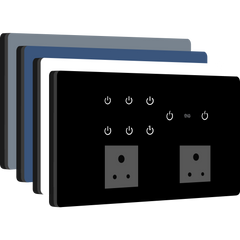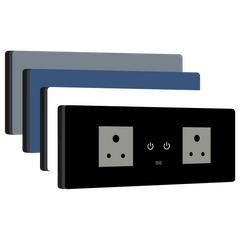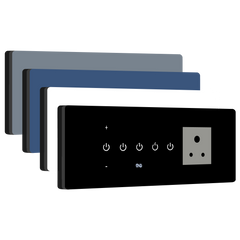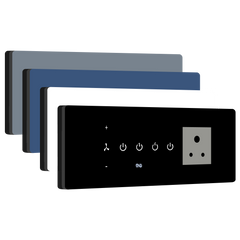Bluetooth Connectivity: Definition, Importance and Benefits
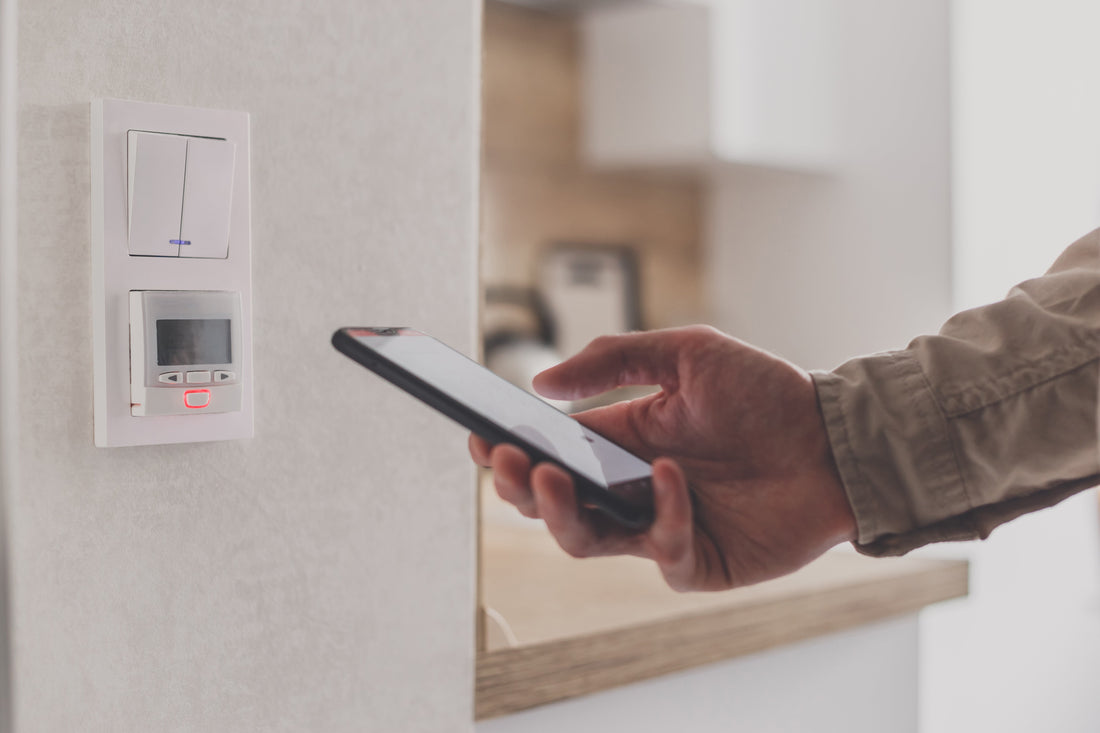
1. Definition
Bluetooth connectivity refers to the wireless technology that enables devices to communicate over short distances using radio waves. In smart homes, Bluetooth allows devices such as smart switches, lights, speakers, and other smart appliances to connect to each other or to your smartphone without the need for physical wires. This convenient, low-power communication protocol plays an essential role in making smart home devices easy to set up and use.
Bluetooth operates on the 2.4 GHz frequency band, which is widely available in most electronic devices. In the context of smart switches, Bluetooth connectivity enables users to control their devices directly from a smartphone or through voice assistants such as Alexa or Google Assistant, without the need for a central hub or a Wi-Fi network.
2. Key Takeaways
-
Bluetooth connectivity enables wireless communication between devices over short distances.
-
It is a low-power, energy-efficient communication protocol ideal for smart home devices.
-
Bluetooth allows direct control of smart devices, making them easy to set up and operate.
-
Smart devices with Bluetooth connectivity are typically easier to install and do not require additional hardware such as a hub or router.
3. Why Bluetooth Connectivity Is Important for Smart Homes
Bluetooth connectivity offers several advantages in a smart home setup, enhancing both convenience and performance:
Easy Setup and Installation
One of the main benefits of Bluetooth in smart homes is its simplicity. Unlike Wi-Fi or Zigbee-based systems, which may require a hub or internet connection, Bluetooth devices typically do not need additional setup steps. You can simply pair the device directly with your smartphone or a compatible smart assistant, making installation much quicker and easier.
Lower Power Consumption
Bluetooth technology is designed to be energy-efficient, which is crucial for devices that operate continuously, such as smart switches. With Bluetooth, devices can maintain a reliable connection without draining the battery or consuming excessive power. This efficiency can help reduce energy costs and make smart devices more sustainable.
No Need for a Hub or Internet Connection
Many smart devices require a central hub or a stable internet connection for communication, but Bluetooth-enabled devices allow for direct communication without this dependency. This is particularly useful in situations where Wi-Fi may be unreliable or if you prefer a system that functions independently of the internet.
Local Control
Bluetooth-enabled smart switches and devices can be controlled locally within their operating range. For example, if you are near your Bluetooth-enabled smart switch, you can easily control it from your phone or tablet without needing an internet connection. This allows for faster response times and greater reliability.
Reduced Interference
Bluetooth operates on a different frequency band compared to other common wireless technologies, such as Wi-Fi. This helps minimise interference between devices, improving reliability and performance, especially in homes with a large number of connected devices.
4. Example/Use Case
Imagine you have a Bluetooth-enabled smart switch installed in your living room. To control the lighting, you simply open the app on your smartphone, which is already paired with the smart switch via Bluetooth. You can instantly adjust the brightness, turn the lights on or off, or set a schedule for when the lights should be activated—all without worrying about your Wi-Fi network’s reliability or needing a central hub.
In another scenario, suppose you are hosting a party and want to adjust the lighting remotely. By using your smartphone, which is connected via Bluetooth, you can control the lighting on your smart switch from anywhere within its range, allowing you to change the atmosphere effortlessly without leaving your seat.
5. Frequently Asked Questions (FAQs)
How far does Bluetooth reach in a smart home?
Bluetooth typically has a range of approximately 30 feet (10 metres) for most devices. However, this range can vary depending on the Bluetooth version used and environmental factors such as walls and obstacles.
Do Bluetooth smart devices require a hub?
No, Bluetooth-enabled smart devices usually do not require a hub. You can pair them directly with your smartphone or a compatible voice assistant.
Is Bluetooth secure for use in smart homes?
Yes, Bluetooth uses encryption to protect communication between devices. However, it is important to regularly update your device software to ensure it remains secure.
Can Bluetooth devices interfere with other wireless networks?
Bluetooth operates on the 2.4 GHz frequency band, similar to Wi-Fi, but is designed to minimise interference. While some interference is possible in areas with many connected devices, Bluetooth is generally very reliable in a smart home setting.

